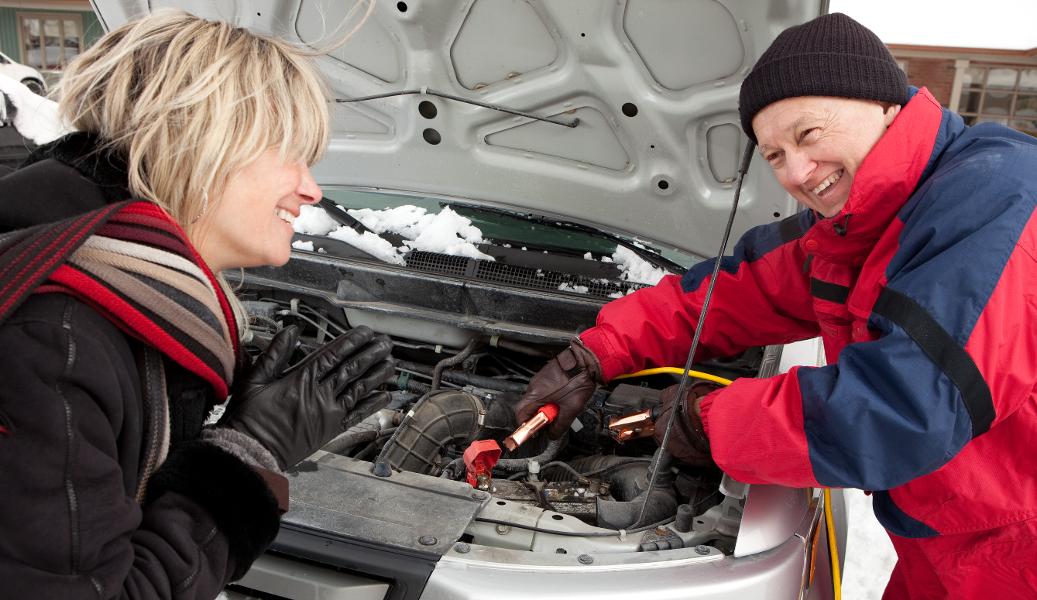
Be A Good Samaritan
Some seemingly old-fashioned ideas are still really good ideas. They stand the test of time because they are strong and they weather the storms of a sometimes-cynical world that sees them as out of date and relics of a different and maybe simpler time. Being a good Samaritan is one of those really good ideas.
You know the story. The parable of the Good Samaritan is told by Jesus in the Gospel of Luke. It’s about a traveler who is stripped of his clothing, beaten and left half dead alongside the road. After others have passed by and ignored his plight, a Samaritan happens upon the traveler. Samaritans and Jews despised each other, but the Samaritan helps the injured man in spite of their differences.
As I write, I am remembering a similar encounter with a stranger on a Southwest Airlines flight as we were landing in a turbulent sandstorm in Phoenix. I was traveling alone and due to present a workshop in Las Vegas the following day.
I had begun feeling sick earlier in the flight. By the time the cabin was rocking wildly, I was barfing into the all-important white bag that passengers can grab from the front seat pocket. It was all I could do to keep the bag in front of my mouth.
I was in an aisle seat, suffering and scared with tears rolling down my cheeks. Suddenly, at the height of the turbulence, a male stranger (in the aisle seat across from me) grasped my hand and held it until the turbulence settled. That random act of kindness brought me unexpected and much-needed comfort. He could see I was in deep distress and acted without saying a word.
When we were safely on the ground I was still in severe and distracting physical pain, so I forgot to get his name. But I did thank him. From the bottom of my heart.
I remained on the plane, withering with “take your breath away” stomach cramps. Medics (more good Samaritans) came on board, gave me oxygen and took me to the closest hospital. It turned out that I was passing a kidney stone.
That gentleman didn’t have to comfort me. He could have ignored me and just looked the other way. He might have even been justified to do that because of the issues we were having with our airplane. He was probably rattled, too. So, why did he respond like that?
I obviously don’t know him, but here is what I would guess. Kindness is in his DNA. Somewhere along the way other people in his life-maybe his parents, or his pastor, or his wife- told him and showed him that we cannot ignore people in peril and that we really are our brother’s (and sister’s) keeper. He obviously believed them and I am grateful that he did.
You can take a rock and toss it in pretty much any direction from where you are sitting right now and it will land on somebody who is quietly going through something painful. They are all around us. Every day. At our workplace. At the grocery store. Maybe even in our own homes.
One of the things I find most interesting about the parable of the good Samaritan is that the traveler he rescued never officially asked for his help. Know anybody like that? Too broken or too proud to reach out? But, thankfully, the Samaritan had his eyes open. Like my friend on the airplane. I didn’t ask for help either. He just gave it.
Take some time today to look around you. Pay close attention to the conversations you have and the countenance of those you are conversing with. Not everyone in trouble will reach out to you or even look like they are struggling. But they are there. Close by you.
Show some kindness. Go out of your way. You are sure to impact somebody’s life in a big way. And, even if they don’t know or remember your name, they will never forget you. I promise.



